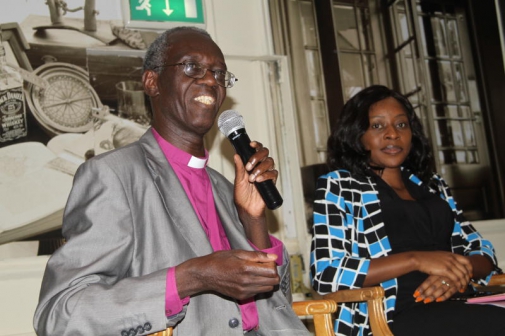×
The Standard e-Paper
Stay Informed, Even Offline

Anti-corruption chairman Eliud Wabukala has welcomed a new law that seeks to punish bribery offenders.
Retired Arch-Bishop Wabukala said the Bribery Act 2016 addresses the gap in law by providing two general offences, unlike before when it only focused on public officers.